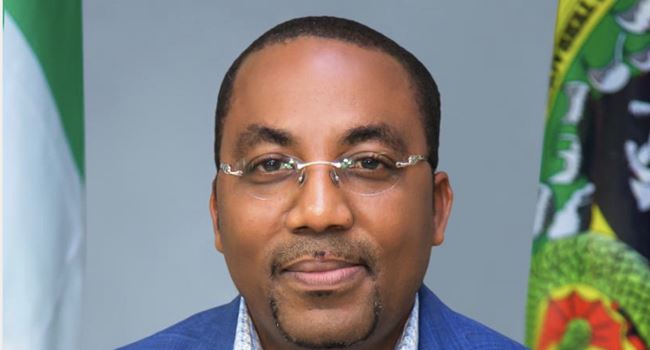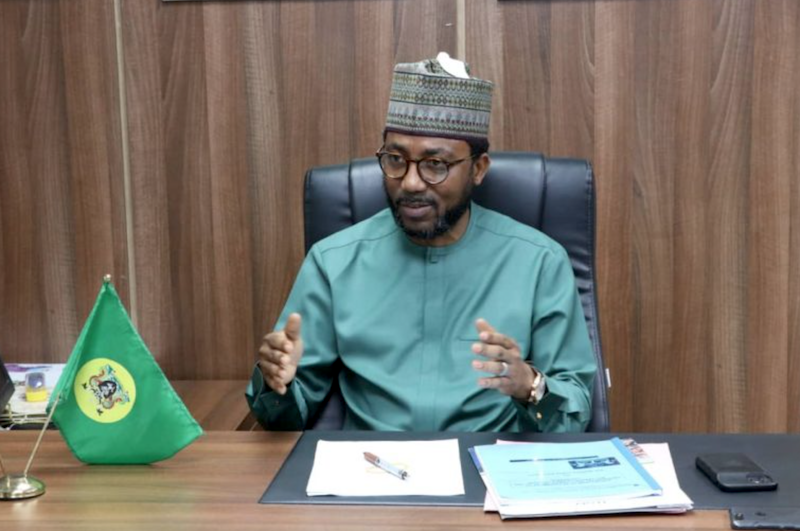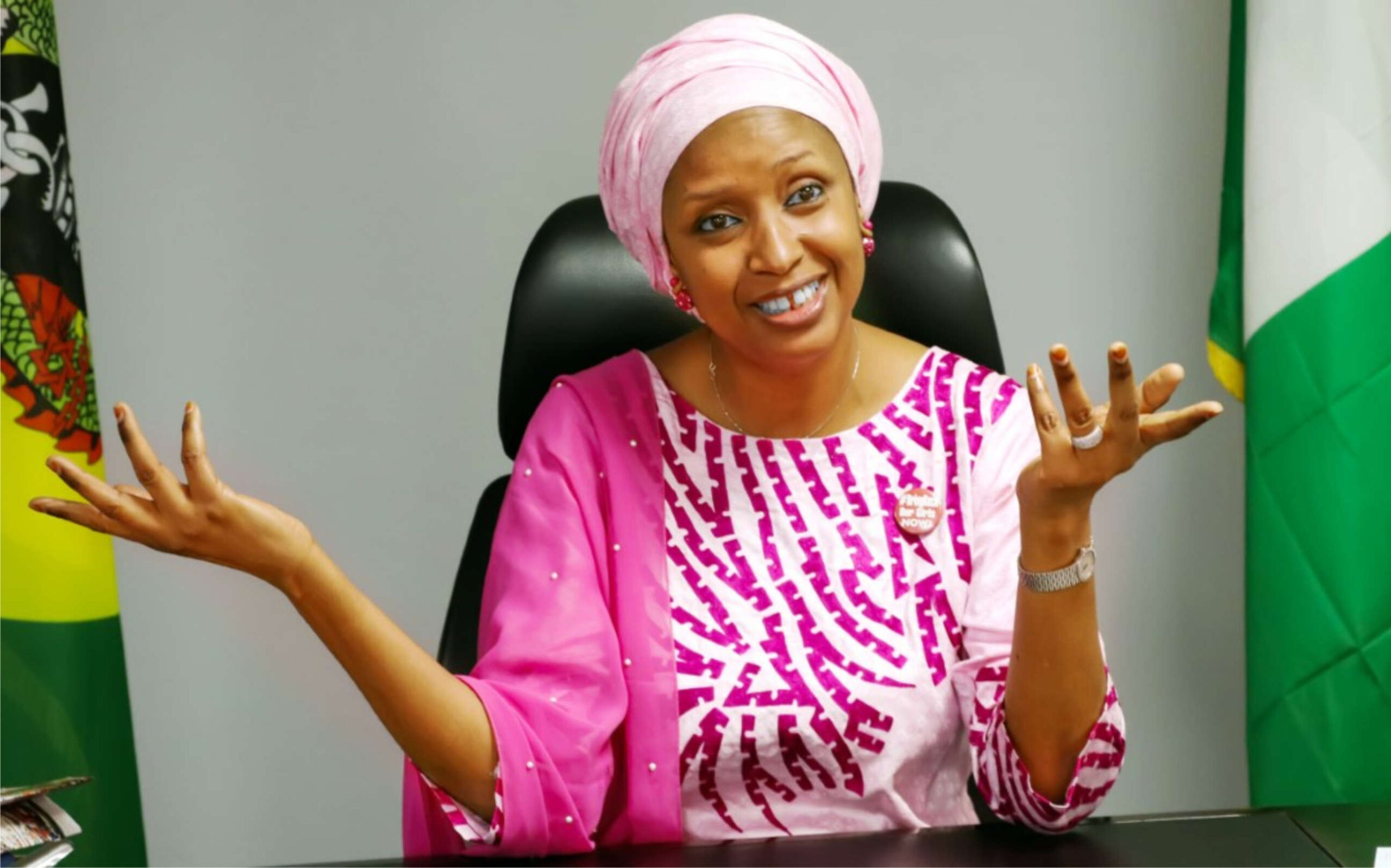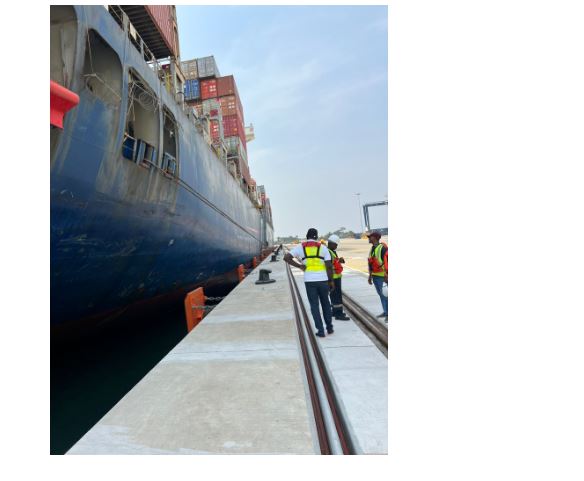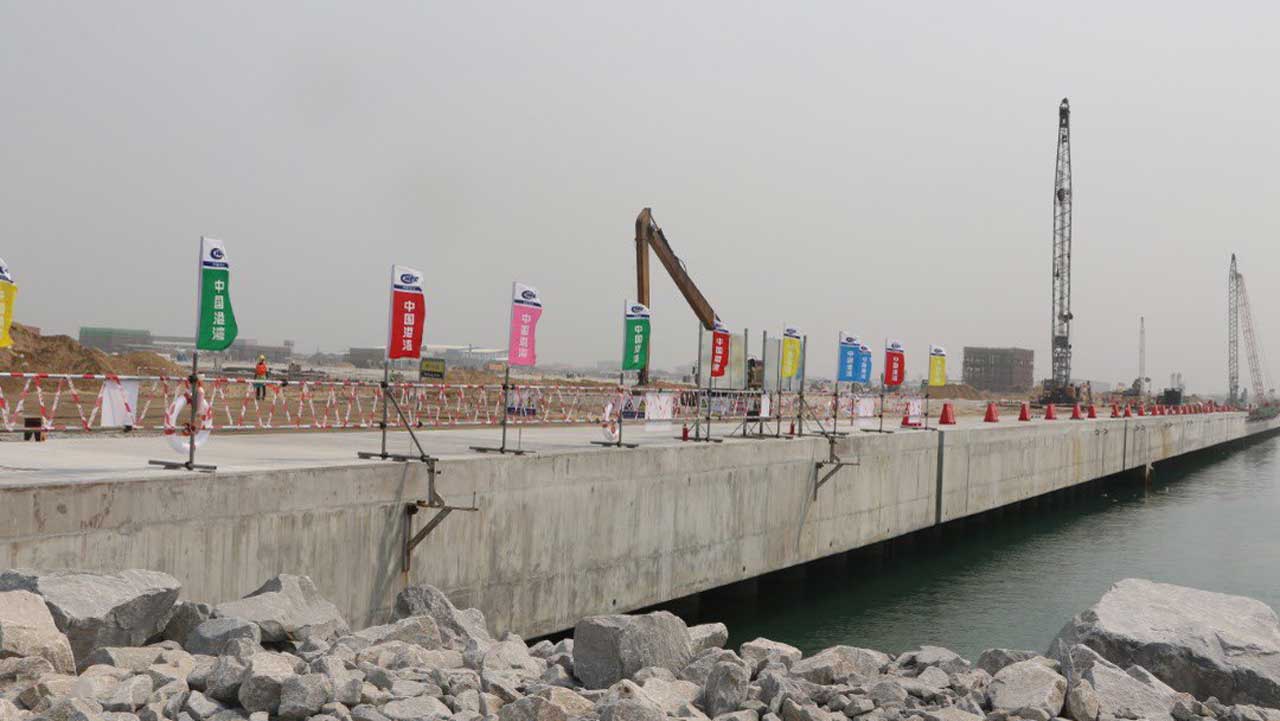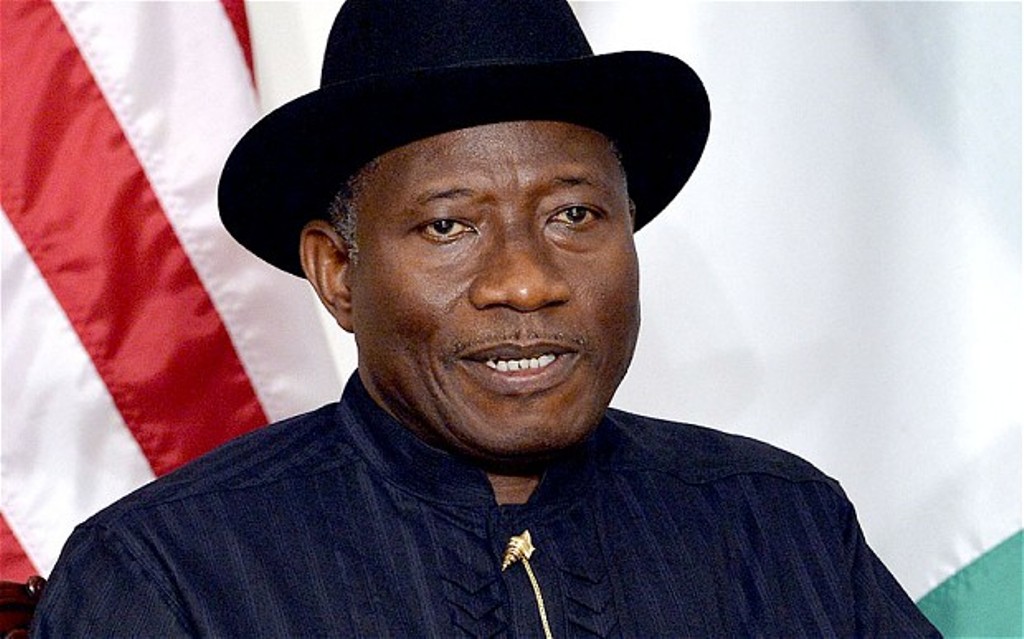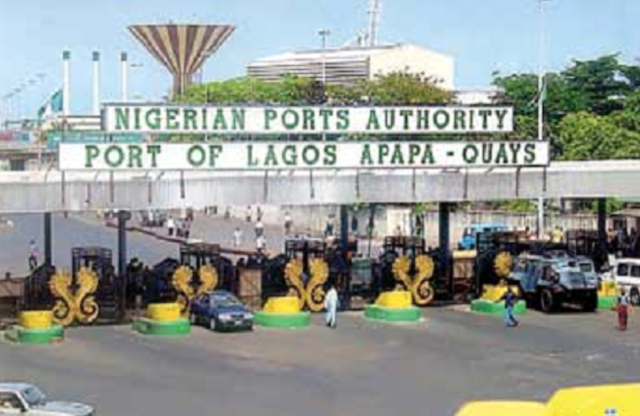Hadiza Bala Usman’s new book, “Stepping on Toes,” is a cautionary tale for anyone hoping to work in public service in Nigeria, particularly in the Federal Government. It’s an incredible story by the former Managing Director of the Nigerian Ports Authority (NPA) of how to break your heart, if not your spirit, in public service.
In Nigeria, public service is a big deal. At no time is there a greater vacancy than when a new government comes in. The turnover in this sector, which consumes nearly 60 percent of Nigeria’s yearly budget, is unknown. However, in the US, it was estimated in the April 2021 Journal of Public Administration Research and Theory that the government loses close to 3,000 of its top executives every time a new president takes office.
It was around this period of political transition seven years ago that Hadiza, relatively young, doe-eyed and full of patriotic zeal, got her first high-profile appointment in the Mohammadu Buhari government which she had worked to bring into power the year before.
Her recommender, major financier and former Director General of the Buhari Campaign Organisation, and the new Minister of Transport, Rotimi Amaechi, was someone she was just getting to know.
Hadiza had earlier been appointed as Chief of Staff to Kaduna State Governor Nasir el-Rufai. She had barely settled down when Amaechi, who had obviously been impressed by her work in the campaign, called her to play an even bigger role on the national stage.
It’s hard enough to be a female chief of staff in a male-dominated cabinet in a conservative state. It’s an entirely different matter to be appointed the first female chief executive of a 61-year-old public institution regarded as one of the country’s cash cows, with annual revenue of nearly N370 billion in 2022 that equals the budget of three states – Osun, Ekiti and Ebonyi – combined.
Hadiza not only thought it was an honour for her country to appoint her to break the glass ceiling, she was also inspired by her father’s sterling legacy as one of Nigeria’s foremost intellectuals.
While not everyone who gets political appointment may end up bruising toes like Hadiza, her odyssey in 1,785 days on a job where she could have served and potentially given a lot more is a warning for those contemplating political appointment.
As Hadiza would later find out, office politics for a political appointee could be more fierce, more complicated and often more vicious than electoral politics. And if you’re going to make too much noise about principles or patriotism, Hadiza wrote, you must be prepared to resign or have your head served on the platter of the big man.
The pressure to second-guess or suck up to your benefactor in a perpetual demonstration of gratitude could bring far more misery than contemplated.
And it often comes down to what happens around the big decisions on contracts – money, big money. From Hadiza’s account, three major decisions: 1) her decision to break Intels’ oil and gas monopoly, a logistics infrastructure and services company in which former Vice President Atiku Abubakar has interests, and her insistence that the company, which had been unilaterally deducting 28 percent of revenues at source, should comply with the Federal Government’s Single Treasury Account policy; 2) the dismantling of the monopoly in the secure anchorage area; and the 3) reforms in dredging and water channels, brought her in a head-on collision with well-connected operators who had come to regard the maritime sector as their own oil blocks.
For years, they had been cashing out in millions of dollars for work either poorly done or not done at all. No Hadiza was going to get in the way.
There were minor issues, according to her, including her tight-fistedness which meant she “did nothing” for the minister from NPA. Not even “a birthday present”, someone told her. I also think going to the former Chief of Staff, Abba Kyari, and short-circuiting the minister during the Intels monopoly fight was ill-advised. But the main issues, she said, were about the contracts, the money and well, the reforms.
As I raced through the book, written in conversational everyday language, my mind went to two friends – both women – who had been through this same road before. One of them was invited by a big man, her state governor, to serve. They got on well; so well, in fact, that after four years, he recommended her to serve on the national stage.
Not long afterwards her problem started. The big man expected to be treated differently. He expected exemptions, waivers and downright cover-ups even in matters where Federal Government financial regulations clearly stated otherwise.
Matters soon got to a head during the face-off between the Federal Government and the states over the Paris Club loan refunds when the woman insisted that no state could be treated differently.
She had tried to help where possible, but she would not break the rules for her benefactor. The governor was mad. Her “stubborn” refusal to grant him a special dispensation not only bruised his toes, it was also an affront on his masculinity, his manhood. He promised to clip her wings, break them, defeather her, and then hang her out to dry.
The governor dragged her out of office, executing his revenge by hiding in plain sight. What took Amaechi 1,785 days to achieve with Hadiza, took this governor 746 fewer days.
The second woman’s story was slightly different. Unlike Hadiza, and the governor’s mincemeat, Yewande Sadiku had been headhunted as executive director of Stanbic IBTC to serve as Executive Secretary of the Nigerian Investment Promotion Council (NIPC) in 2016, about the same time Hadiza was appointed to NPA. Her battles were, however, of a different kind.
They were not against the benefactor godfather’s thirsting for huge slices of contracts or libations of scotch on their birthdays. She fought against vested interests in the system aided and abetted by business moguls whom she once told me promised her that except she “played ball” by granting outrageous waivers, her tenure would be guaranteed misery.
Her “crime” was shining the light on the Council’s affairs. Against the odds, her five-year tenure was a breath of fresh air, making NIPC one of the most transparent MDAs in its nearly 20-year history. For daring to swim against the tide, however, she was constantly attacked by the press and haunted by the National Assembly. In the end, she refused to ask for a renewal. Her position was later given to a rascal, the very kind that our broken system incubates and nurtures.
“You will be surprised,” Hadiza wrote about her lessons, “at how you are left to fight your own battles when they occur in public service. In the days after my suspension, many of those you would have expected to intervene did not.”
In some ways, “Stepping on Toes,” also reminds me of Ngozi Okonjo-Iweala’s “Fighting Corruption Is Dangerous,” in which she told the story of how her 83-year-old mother was kidnapped during the government’s crackdown on the fraudulent subsidy cartel. She was blamed for putting her mother in harm’s way by carrying the fight against corruption on her head.
Yet for every Okonjo-Iweala, Oby Ezekwesili or Ifueko Omoigui-Okauru who survived stepping on the toes of the Nigerian big man and his fragile ego, there are dozens of Hadizas who bear the stripes of injustice.
The former MD of NPA was asked to “step aside” with a query sensationally claiming that N165 billion was not remitted between 2016 and 2020. The panel that investigated her however found that over N182 billion had indeed been remitted to the government’s treasury on her watch!
Hadiza’s “offence” was then watered down from unremitted N165 billion to stepping on the minister’s big toes. She was sacrificed in the search for what was not missing. And without the courtesy of telling the public that Hadiza’s trial was an idiot’s tale, the government replaced her on the advice of the minister, whose main contribution was being Buhari’s ATM eight years ago.
That, sadly, is how we roll.
Ishiekwene is Editor-In-Chief of LEADERSHIP
